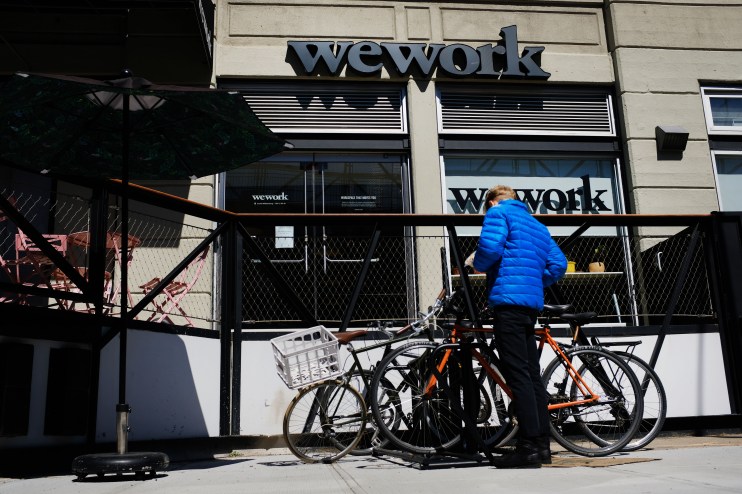The big business invasion of the co-working world is bad news for entrepreneurs

In recent years, the co-working market has exploded.
It has become such big business that WeWork, one of the earlier entrants to the space, is now valued at $47bn and is preparing for an initial public offering. The total number of sites and seats available is estimated to have roughly doubled each year since 2005.
Co-working was designed to offer smaller businesses and entrepreneurs a less expensive and more flexible alternative to traditional long leases for commercial office space. So surely it is good news for this demographic that there are now so many spaces available?
Unfortunately, it is becoming increasingly apparent that this may not be the case.
In February, we launched The Coalface, a co-working space in Finsbury Park. It’s perhaps not the most obvious location for a business hub, but the decision to base ourselves here stemmed from our understanding that co-working sites in more central locations were starting to become unaffordable for many.
Since we opened our doors, feedback from our members has shown that we were right. Most have previously worked in co-working offices in more central locations. The same stories keep coming back to us: “these places just aren’t friendly to small businesses anymore”, “we were priced out”,“they were full of corporates”.
And herein lies a major issue. The people that you would imagine are filling the multitude of co-working sites across London – tech entrepreneurs, designers, freelancers – are being edged out by giant corporations.
Big companies have clocked the value of offering their staff a hip, trendy office as an alternative to the corporate, homogenous City sites they have occupied for decades. It’s good for their image, it’s good for recruitment, but it’s bad for the people who truly rely on co-working spaces to run their businesses.
In June, it was announced that HSBC was to take 1,135 desks at WeWork’s Two Southbank Place development in Waterloo. Of course, they are perfectly entitled to do so – but the result is that these desks are now not available to smaller businesses.
And that isn’t the only issue. Many of our members want a co-working space not only because of the flexibility and affordability, but because they provide them with the opportunity to surround themselves with like-minded people. The influx of larger companies is making these spaces more corporate, and taking away the feeling of being part of a small business community.
It can be lonely and stressful starting a business. Co-working has offered a lifeline to many young creatives by providing them with an environment in which they can grow their company, create jobs, and ultimately move on to bigger and better things. I have worked in co-working for many years, and watching this happen has been one of the most satisfying parts of my job.
However, I fear that if current trends continue, many of the people co-working has previously supported will be forced back into coffee shops or their homes.
And at times of economic instability, when we need job creation more than ever, this would ultimately benefit no one.
Main image credit: Getty